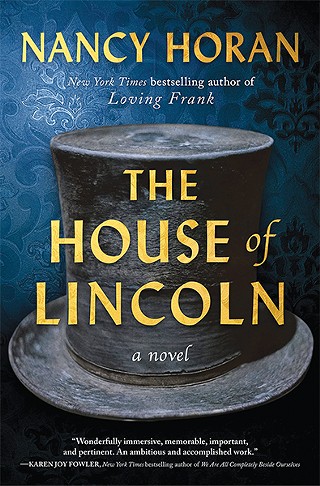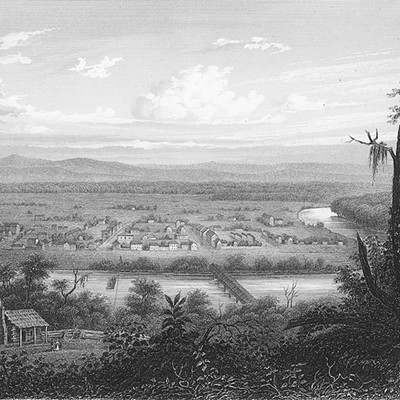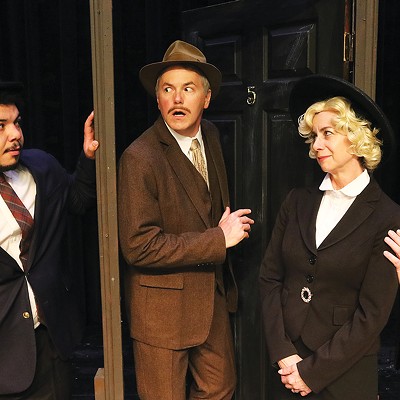Over the years there have been several historical novels of varying quality starring members of the Lincoln family. From the title, Nancy Horan's new novel, The House of Lincoln, could easily be mistaken for more of this Lincolncentric fiction. While the Lincolns do play a prominent part in the story, the focus is much broader. In fact, the novel's main "character" could be the city of Springfield, Illinois, from 1849 to 1909.
Aspects of the Springfield story are told from alternating viewpoints. Nine-year-old Ana Ferreira came to Springfield with her family in 1849 as part of a group of Portuguese Presbyterian converts fleeing Catholic persecution on the island of Madeira. Her coming of age, interaction with the Lincoln family, and experiences as a Springfield resident form an important framework for the novel. William and Spencer Donnegan, free-born Kentucky Blacks, moved to Springfield in the 1840s with their mother and siblings. Despite the restrictions of the Illinois Black Laws, the brothers were successful in business, William as a shoemaker, and Spencer as a barber as well as an African Methodist Episcopal minister. Both risked their lives as part of the Underground Railroad. Mary Lincoln also narrates some sections of the book.
Some historical novels can be so loosely historical and anachronistic as to be ludicrous, while others are so carefully researched and period accurate that the era comes alive. Happily, Horan's novel is of the latter type, thoroughly researched and full of relevant and humanizing details that provide both local and national context. Yet the novel never feels weighed down by a need to include every known fact, as sometimes happens, nor does the information provided feel forced.
Readers knowledgeable about the Lincoln family will recognize incidents, comments, fragments of speeches, and writings, often creatively relayed from the perspective of other observers. Controversial moments with Mrs. Lincoln are treated respectfully and reasonably.
Readers unfamiliar with the Portuguese immigrants to Springfield and Jacksonville, or the difficulties of being a Black person in central Illinois in the 19th century, will find food for thought. Horan mixes actual historical figures – the Lincoln family, Stephen A. Douglas, Frederick Douglass, the Donnegans – with invented characters such as Ana and the Ferreira family, who are based on members of the Portuguese community and their experiences in a more composite way. The Lincolns were never the only people in town, and it is good to be reminded of that.
Horan's Springfield story continues beyond Lincoln's assassination and burial at Oak Ridge Cemetery. It includes, among other things, the establishment of the Lincoln (public) Library, and continued interracial struggles, culminating in the 1908 race riot. The 1909 Springfield Lincoln centennial birthday dinner, which bookends the story, was indeed a celebration for white men only. One hundred years later, any interested person who could afford the price and pass the security check could attend the Lincoln bicentennial banquet. In a twist unimaginable in 1909, the 2009 banquet speaker was newly inaugurated U.S. President Barack Obama. Some things have changed.
Although now a resident of Washington state, author Nancy Horan was born and raised in Springfield. She has done well by her hometown with this book.
The House of Lincoln should appeal to those who enjoy well-written fiction, readers with a historical bent, people curious about Springfield's past, and anyone looking for a good summer read. Of course, it would also be a good fall or winter read. But why wait?
Springfield historian Glenna R. Schroeder-Lein has read a lot of Lincoln books and is the author of Lincoln and Medicine.





















